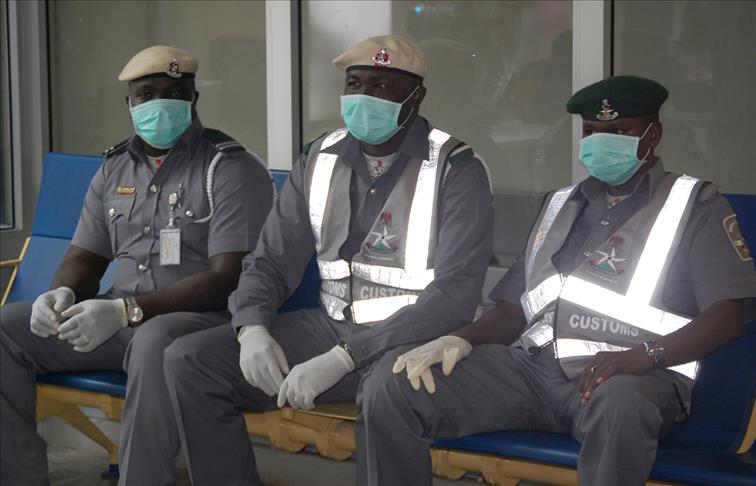
Guinean President Alpha Conde has declared a nationwide public health emergency as part of a raft of measures aimed at containing the spread of Ebola.
"I declare a national health emergency against the Ebola disease in Guinea," a presidential statement read.
In recent months, Ebola – a contagious disease for which there is no known treatment or cure – has claimed more than 1000 lives across West Africa, especially in Guinea, Liberia, Sierra Leone and Nigeria.
The decree called for a series of preventative measures, including the establishment of a quarantine process by health workers and security guards stationed at all points of entry into the country, especially those from Liberia, Sierra Leone and Nigeria.
Travelers at land crossings, seaports and airports will be subject to health control measures before being allowed into Guinea, according to the decree.
The press release also urged the government, private sector and civil society to join the fight against the disease, especially in terms of awareness and prevention.
It went on to say that all suspected cases would be quarantined at hospitals where they would be subject to systematic sampling until testing determined that those showing Ebola-like symptoms were not infected with the virus.
The decree also calls on anyone that had been in contact with suspected cases not to leave their area of residence until the end of an observation period.
It also banned the transfer of Ebola victims' bodies from one place to another until the epidemic is contained.
The current Ebola outbreak is believed to have claimed nearly 375 lives in the West African nation to date.
The tropical fever, which first appeared in 1976 in Sudan and the Democratic Republic of Congo, can be transmitted to humans from wild animals. It also reportedly spreads through contact with the body fluids of infected persons or of those who have died of the disease.
Last week, the World Health Organization's emergency committee on Ebola declared the disease an "international public health emergency" – the third time such an alarm has been raised.
By Oumar M'boh
englishnews@aa.com.tr


